For a band whose first album had hints of breaking through into something truly great, it's a little disappointing to hear The Vespers' sophomore album The Fourth Wall be merely different rather than brilliant. It's not necessarily an improvement on Tell Your Mama, more of a stylistic shift to encompass more overtly Christian themes and embrace its Deep-South spiritual roots, with the few infectiously sunny up-tempo pieces seeming further out of place the more you listen to the album. Sooner or later, The Vespers will need to pick a stylistic direction and stay with it--or, better yet, release multiple albums in multiple styles--but it's tough not to like the quartet's ambition in drawing from so many genres, and their mastery of vocal harmony is among the best there is.
Every Shins album so far, including Port of Morrow, has seen
increasing levels of production: Oh, Inverted World suffered for its low
production and lo-fi-ness in general; Chutes Too Narrow had more production and
was a better album because of it; Wincing the Night Away really hit a sweet
spot and was easily the greatest thing the Shins have done so far. The term "overproduced" is enough
overused that it's basically meaningless, but the fresh, indie-pop hooks of
Wincing have largely been replaced by a smooth gloss that doesn't offend but
doesn't easily excite either. "For
A Fool" and "It's Only Life" are entirely forgettable,
medicore-at-best attempts at something mid-tempo; fortunately "The Rifle's
Spiral" and "No Way Down" keep some of the old pop brilliance,
and "September" is among the most heartfelt and lovely things James
Mercer has come up with.
Making Mirrors, by an artist who calls himself Gotye and
pronounces it "go-tee-ay," is one of those odd albums that somehow
decided to choose its very worst song for its breakout radio single. Like probably a majority of listeners
familiar with him, I was first introduced to Gotye by having "Somebody
That I Used to Know" forced on me by FM radio (Live 105.3, I'm looking at
you), and from it, I erroneously concluded that Gotye was mumbly and
boring. It's not as standout an album as
some would proclaim, filled with bizarre auditory non sequiturs and containing
an unfortunate miscue in the form of an autotuned reggae track called
"State of the Art," but "I Feel Better" and "In Your
Light" take all the best elements of 60s-70s Motown, funk, and even
Southern rock to turn out music I actually want to listen to.
This month's "late to the party" entry comes from
Mr. Edward Sharpe & the Magnetic Zeros, which given my general
enthusiasm for all things indie folk is about as egregious an omission as Fleet
Foxes were a few months ago. It's
actually not as folky as it could have been given its standout single
"Home" (they got this one right; except for the irritating
spoken-word passage, it's by far the best track on the album). A liberal application of horn section and the
occasional harmonica works really well; some unfortunate vocal quirks (spoken
passages, changes in register, deliberate not-quite-on-the-beat singing) are
nowhere near as clever as they think they are; and the constant genre experiments
might either be refreshing or exhausting depending on your mood.
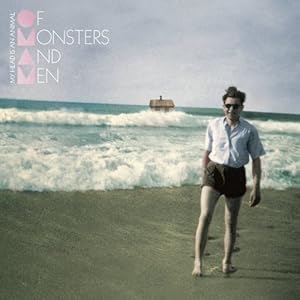
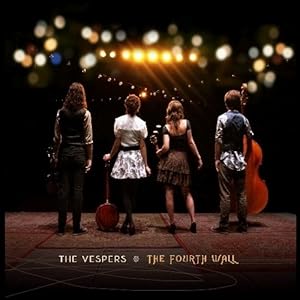
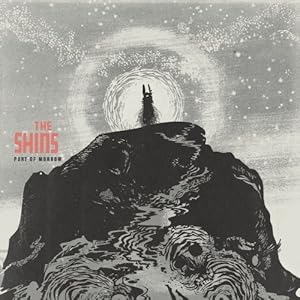
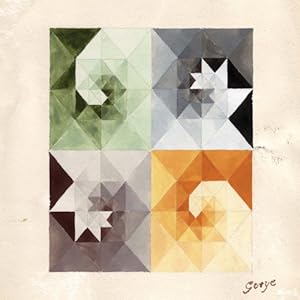
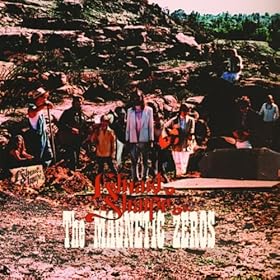

No comments:
Post a Comment